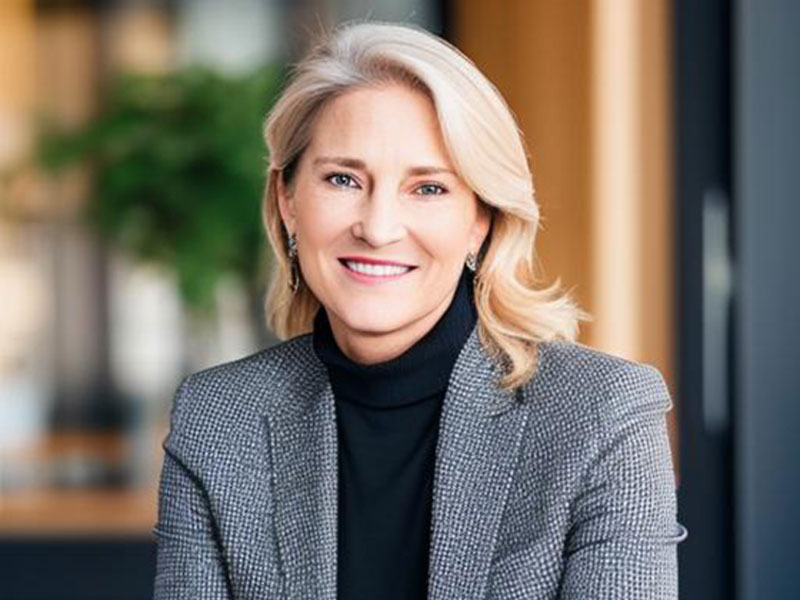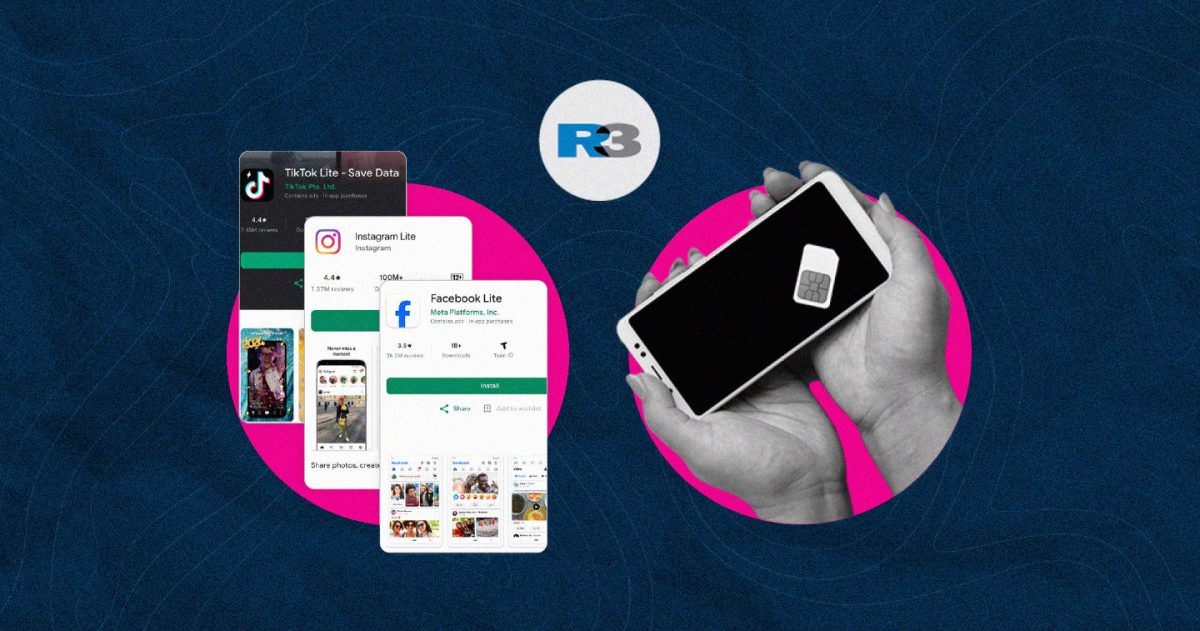This is a special ‘guest repost’ of a David Wolf post from his excellent blog Silicon Hutong. For those of you who are not familiar with David, he is one of the foremost thought leaders on marketing in China, part of a select group that includes Tom Doctoroff, Jim MacGregor and Scott Kronick. David has been a long time op-ed writer for Asia’s leading advertising journal of record, Campaign Asia.
I got to know David back in Beijing in 2009 when he accepted an invitation to be a panelist at a monthly salon event I was running. This blog was inspired by reading Silicon Hutong and wanting to do something similar, of course David is a proper writer, my offering is more a random pastiche of whatever I find interesting at any given moment.
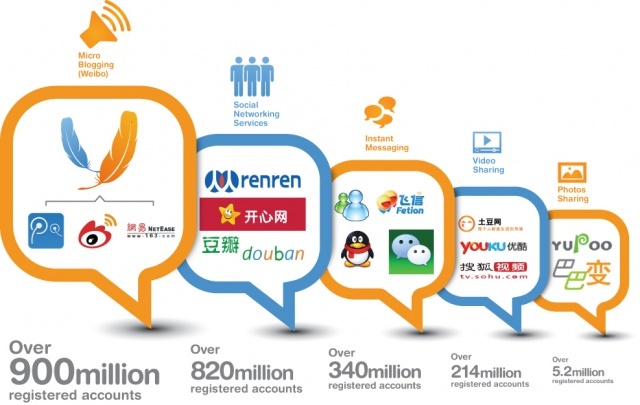
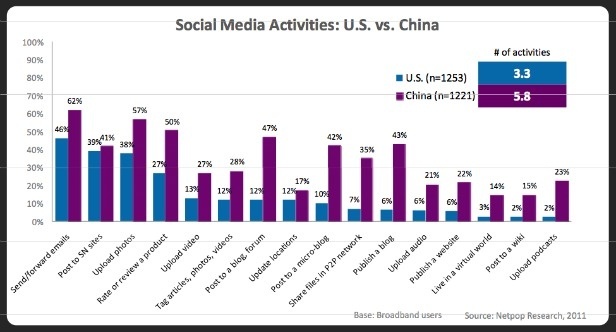
What piqued my interest in this particular POV is the clarity which David brings to the argument around who among a clients agency roster should handle social media. The answer is any one of them although each will approach the task differently, with the critical success factor being the agency with the right type of “smart communicators”. David provides 3 criteria for determining which agency is most likely to have the right stuff.
Since we are talking about both China marketing strategy and agency relationships, I would like to highlight an additional individual who is a master of these topics, Greg Paull, Founder of R3 Worldwide, Asia’s largest marketer/agency relationship consultant. The R3 website is a treasure trove of insights into the China market and Greg, an Australian based in Beijing, is someone you would enjoy sitting next to on a long haul flight.
If you have an interest in the China market (and I assume you work in marketing to be reading this) the chaps I have referenced above each have a unique level of knowledge and experience in China-they have all lived and worked there for decades and while none of them would ever accept that they are a ‘China expert’, they are as close as it gets to such an obtuse concept (China is a vast and remarkably complex market).
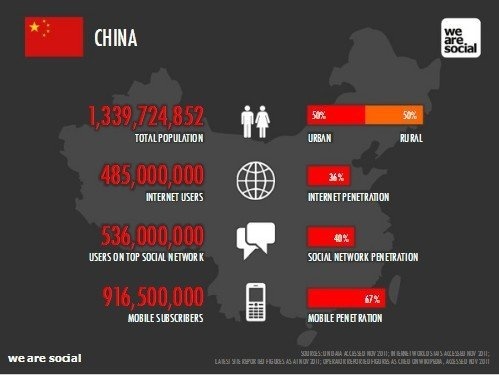
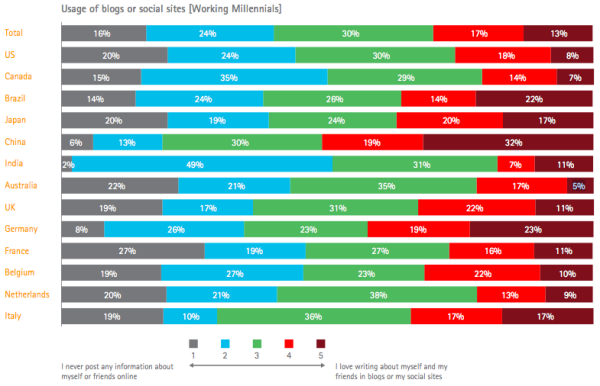
Right then, lets get on with things. Heres David Wolf’s learned take on doing social media properly in the biggest social media market in the world (Bolded copy my own emphasis):
Note: Over the summer I taped a segment for Thoughtful China where I talked briefly about what agencies to use for social media. The response has been huge, so I wanted to expand on my point here, especially as so many people are in the later stages of planning their China marketing efforts to begin after Chinese New Year.
Most companies in China have yet to realize out that making the best use of social media demands more than a twenty-something customer service person posting links to content on the corporate website. This is understandable: social media is a relatively recent phenomenon (compared to, say, print media, or even the web), and the art of using social media for business is evolving with blinding speed. That means that today’s smart social media strategy is obsolete tomorrow.
This has provoked the companies who want to stay ahead of the game to turn to outside agencies. Unfortunately, the solution is more confusing than the problem. Jockeying for relevance and revenues, nearly every kind of agency in the marketing business is cooking up products and services to help companies handle their Chinese social media programs. Social media absorbs so much of the Chinese public’s time and attention that agencies feel they either must create a social media offering or consign themselves to the junk pile of history. The one-upsmanship between agencies is earnest, and sometimes desperate.
Elephants and blind men, meet social media and agencies
That would be fine if the solutions proffered were similar. They’re not, because each type of agency sees social media through its own prism, and approaches the medium accordingly. Advertisers approach social media as another form of advertising, or as an appendage of offline campaigns. PR people approach it as a fast channel to reporters or as a way to bypass journalists altogether. Digital agencies approach social media as a way to drive hits to digital content lodged elsewhere. And social media specialists want us to believe that social media is so different that it demands a special mojo, and it should be left to them as experts.
Ultimately, the agency a company ends up choosing for social media management is usually a function of how the firm has organized its internal marketing function. If there is a social media team, the agency is likely to be a specialist social media house (after all, if you are a specialist in social media, how would it look if you hired an ad agency?) If, on the other hand, advertising covers social, the ad agency will get the nod. And so on.
(I won’t bother to talk about companies who hire agencies to scoop up masses of zombie followers or who astroturf social sites with fake laudatory posts: any firm engaging in that kind of behaviour is going to get its just desserts in the form of bad publicity and ultimately negative ROI).
Social Done Better
This approach is understandable, but it is bass-ackward. What social media does that is unique is provide a space where people, not brands, dominate the channel. It is a space that is not just about promulgating a message, but about listening, responding, and demonstrating that a brand can be a person, too.
The real ROI from social, therefore, comes from the conversations people have about a company and its products with minimal encouragement on the company’s part. In short, the trick to winning in social media is to get other people talking about you and delivering your messages far more than you do about yourself in all other media, and the more influential those people are on the behaviour of others, the better.
For that reason, the agency that should be handling your social media in China should be:
- A firm that is used to cultivating influencers over time
- A firm that understands how to develop, deliver, sustain, and support powerful messages; and
- A firm that knows how to monitor opinion, respond rapidly and appropriately in the face of a crisis or opportunity, whether that is a product problem or a corporate scandal.
To me, that’s not an agency full of creatives, of people who write apps, or of social media “experts.” It is, on the other hand, an agency filled with smart communicators. Find one of those, and you have found the agency to help you in China’s lava-fluid social media milieu.
Source: http://shanecrombie.com/2013/12/david-wolf-can-trust-social-media-china/

